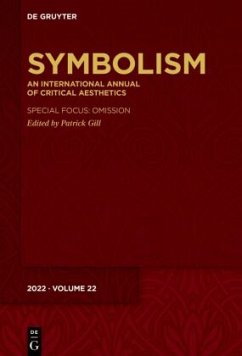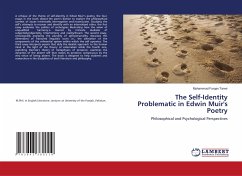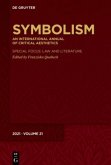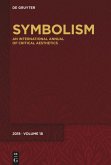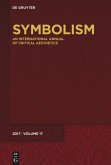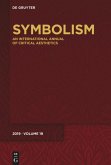Special Focus: "Omission", edited by Patrick Gill
Throughout literary history and in many cultures, we encounter an astute use of conspicuous absences to conjure an imagined reality into a recipient's mind. The term 'omission' as used in the present study, then, demarcates a common artistic phenomenon: a silence, blank, or absence, introduced against the recipient's generic or experiential expectations, but which nonetheless frequently encapsulates the tenor of the work as a whole. Such omissions can be employed for their affective potential, when emotions represented or evoked by the text are deemed to be beyond words. They can be employed to raise epistemological questions, as when an omission marks the limits of what can be known. Ethical questions can also be approached by means of omissions, as when a character's voice is omitted, for instance. Finally, omission always carries within it the potential to reflect on the media and genres on which it is brought to bear:as its efficacy depends on the recipient's generic expectations, omission is frequently characterized by a high degree of meta-discursiveness. This volume investigates the various strategies with which the phenomenon of omission is employed across a range of textual forms and in different cultures to conclusively argue for its status as a highly effective and near-universal form of artistic signification.
Hinweis: Dieser Artikel kann nur an eine deutsche Lieferadresse ausgeliefert werden.
Throughout literary history and in many cultures, we encounter an astute use of conspicuous absences to conjure an imagined reality into a recipient's mind. The term 'omission' as used in the present study, then, demarcates a common artistic phenomenon: a silence, blank, or absence, introduced against the recipient's generic or experiential expectations, but which nonetheless frequently encapsulates the tenor of the work as a whole. Such omissions can be employed for their affective potential, when emotions represented or evoked by the text are deemed to be beyond words. They can be employed to raise epistemological questions, as when an omission marks the limits of what can be known. Ethical questions can also be approached by means of omissions, as when a character's voice is omitted, for instance. Finally, omission always carries within it the potential to reflect on the media and genres on which it is brought to bear:as its efficacy depends on the recipient's generic expectations, omission is frequently characterized by a high degree of meta-discursiveness. This volume investigates the various strategies with which the phenomenon of omission is employed across a range of textual forms and in different cultures to conclusively argue for its status as a highly effective and near-universal form of artistic signification.
Hinweis: Dieser Artikel kann nur an eine deutsche Lieferadresse ausgeliefert werden.

